Dream Organisation
Where we work?
Naushahro Feroze
According to the most recent nutrition survey, health and Education indicators are poor in the Sindhi province Of Pakistan. The infant mortality rate is 39 per 1000. The prevalence of stunting, wasting, and underweight in Sindh are higher than the national average at 45.5%, 23.3%, and 41.3% respectively. Attendance in early childhood education (ECE) is very low, with only 10.3% of children aged 3-5 attending ECE. The ECCE participation in this region is low. A recent report indicated that 54% of children aged 3 to 5 years in rural Sindh were not enrolled in any ECCE program. The lack of school readiness is also reflected in child learning levels in Grade 1 with less than half of children surveyed able to identify Sindhi letters or English letters, or to recognize numbers one to 99. Low literacy rates among parents present additional challenges with three quarters of mothers and over half of fathers without primary school completion (Grades 1–5), which can limit parents’ support for their child’s at-home learning. Trends in Pakistan more broadly indicate that female youth are also at a significant disadvantage in employment. which can limit parents’ support for their child’s at-home learning. Trends in Pakistan more broadly indicate that female youth are also at a significant disadvantage in employment. The average monthly household income is PKR 9000 (approximately US$100). The overall literacy rate is 39%.
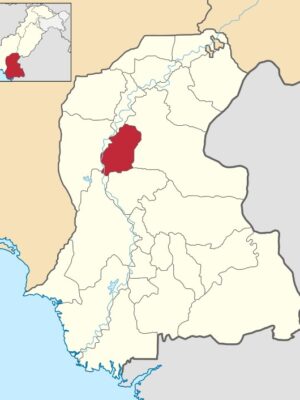
Average of years of education is 2 for women and 7 for men. The majority of women in this district are housewives responsible for household chores such as child rearing, cooking, and preparing for the cattle. Hand weaving and handicrafts are also common in this district and more generally in Sindhi culture. The situation of early education and development is similar which is reported at provincial levels.
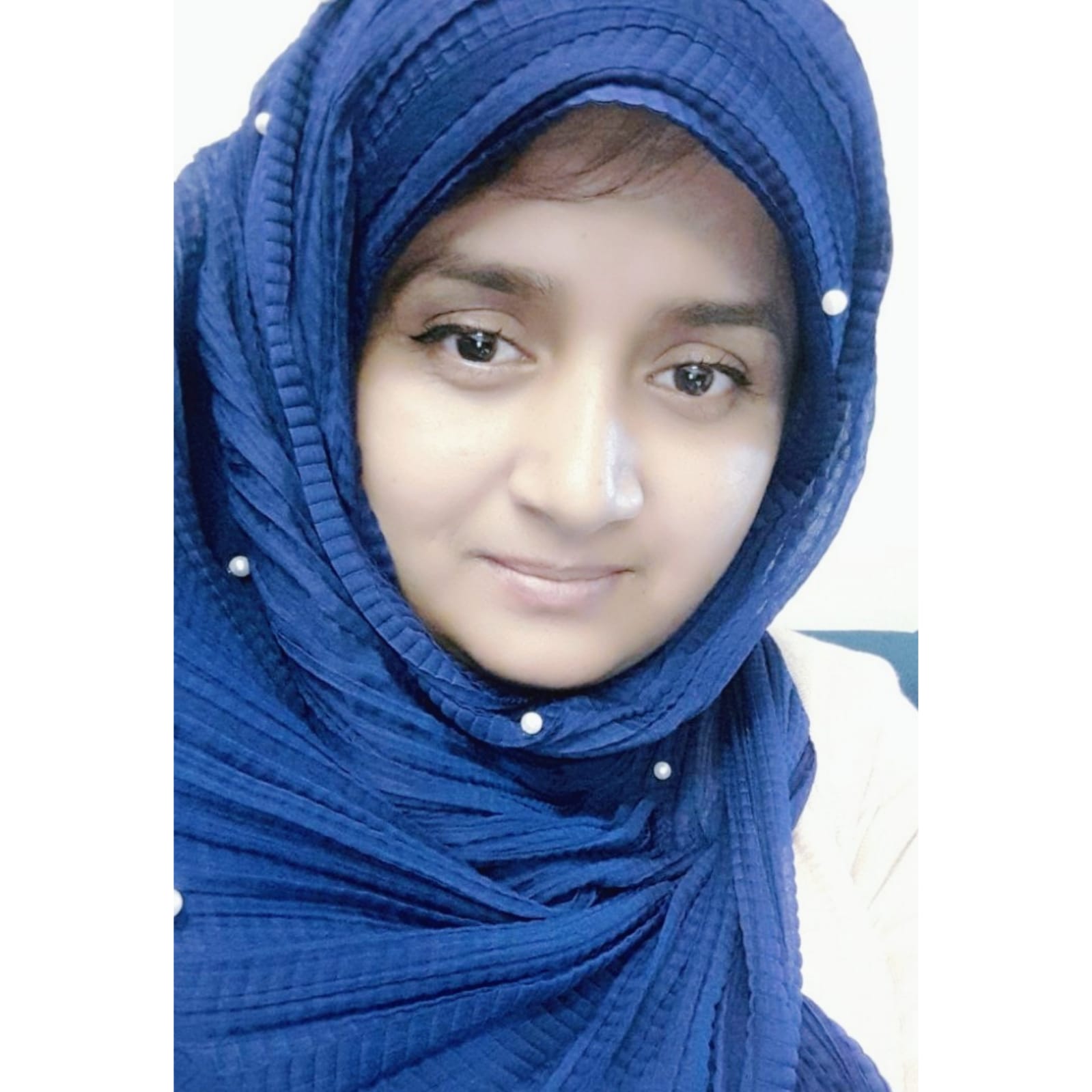
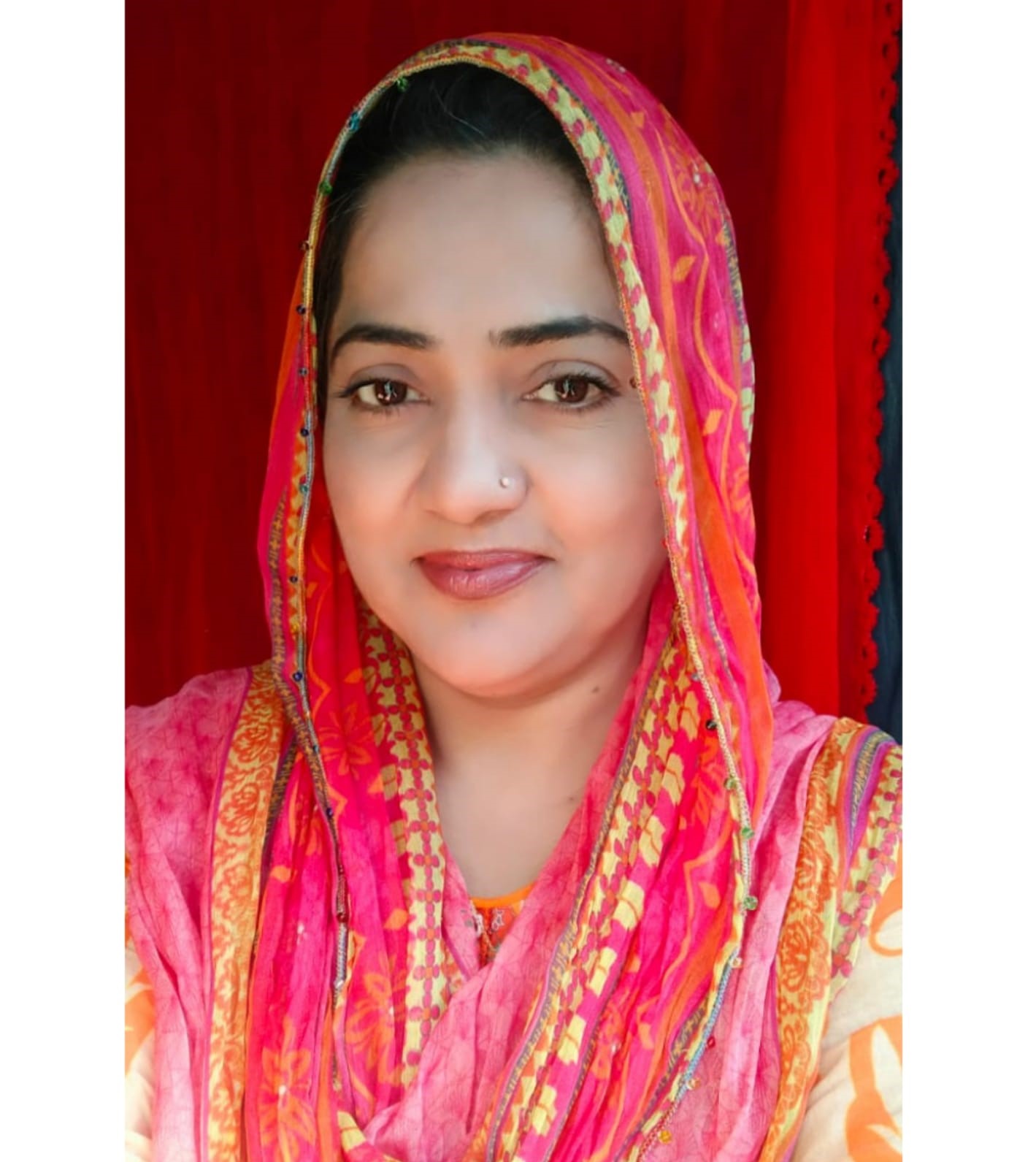
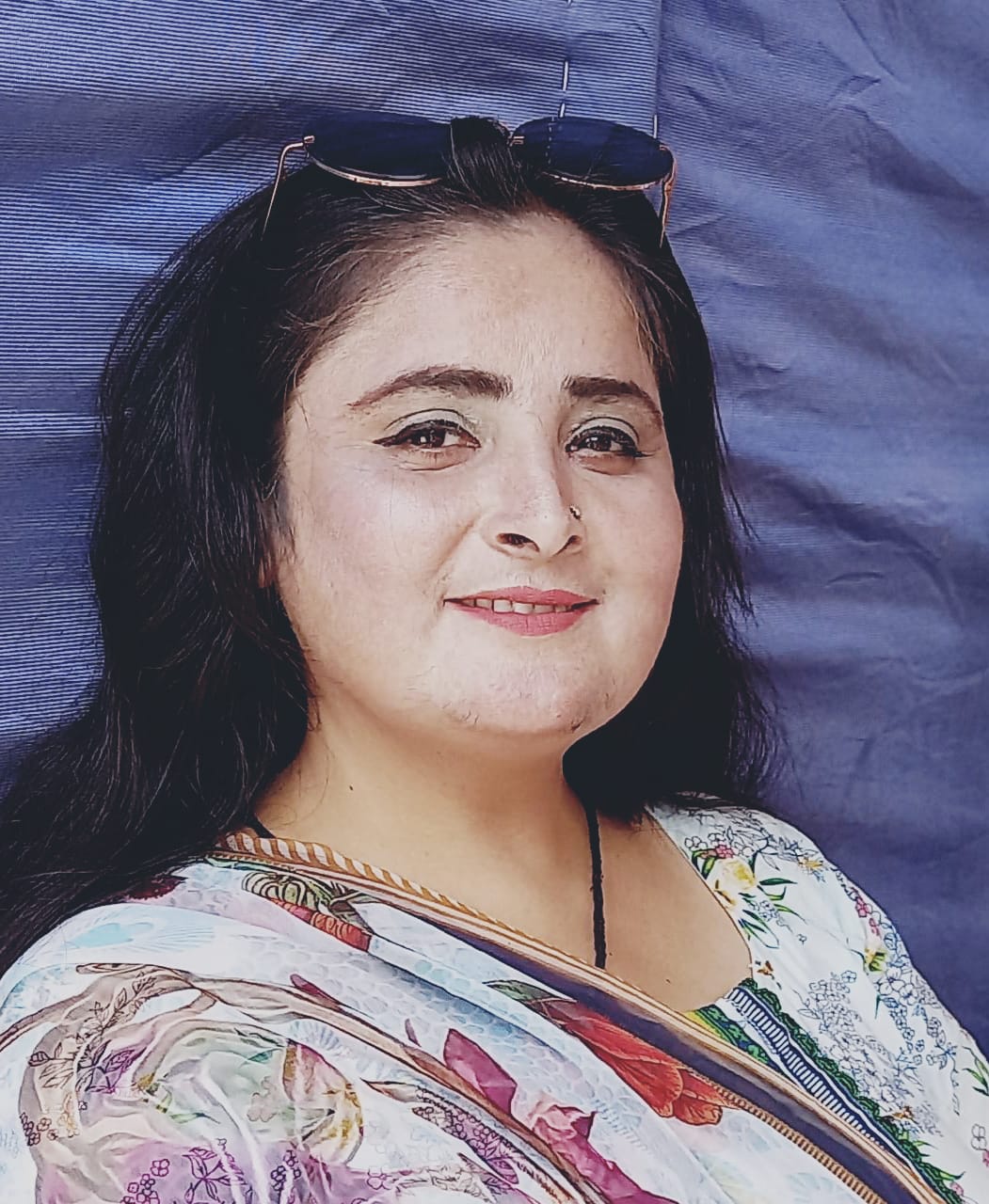
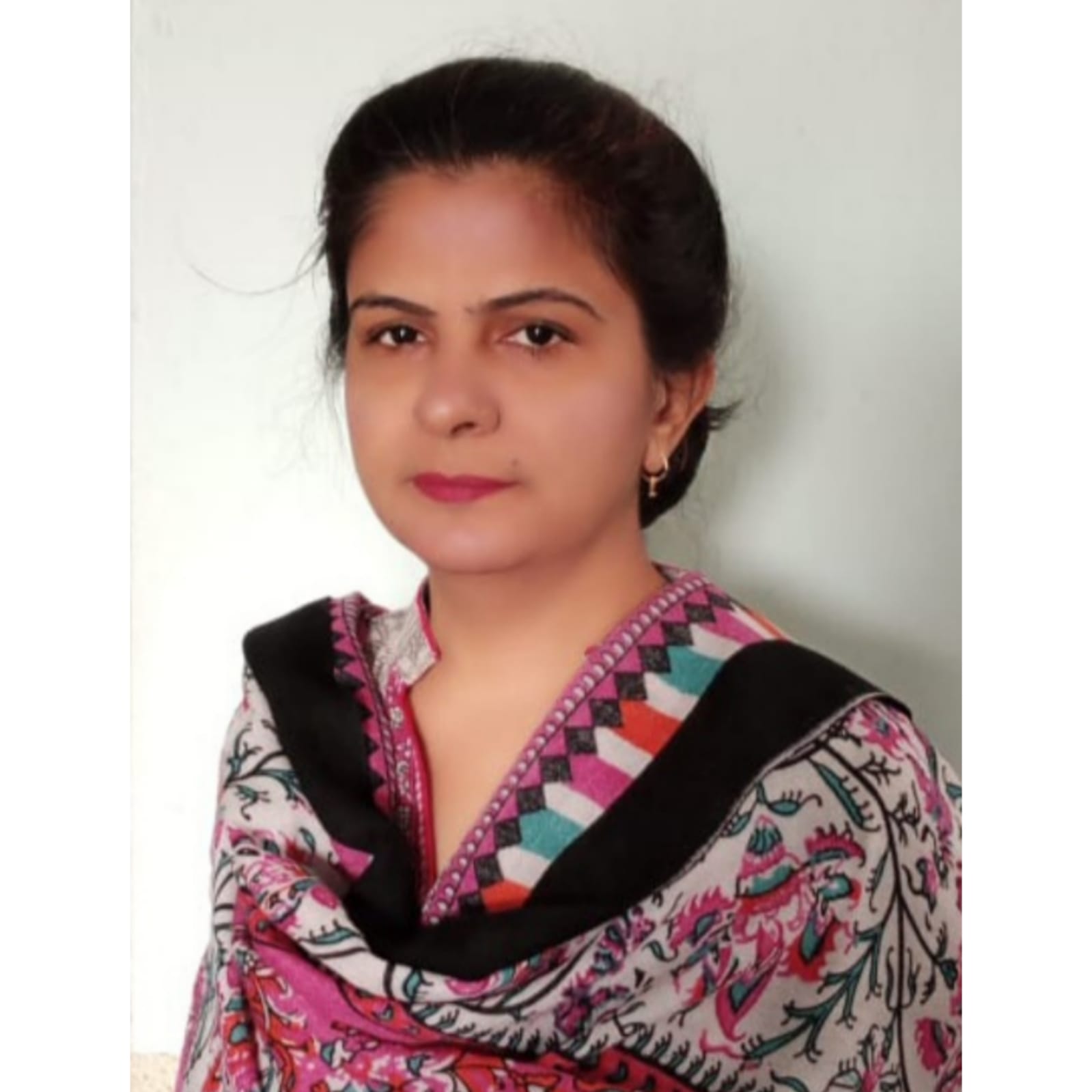
Early Child Development Assessors and Experts. DREAM has a well-trained and experienced team of ECD assessors and experts. This team includes females from NF communities who have been trained in child development assessments, measurements, and implementation of different ECD and ECE programs. These women have been working with reputable organisations and government departments. They possessed accumulated 15 years of experience in community-based programs and research projects.

